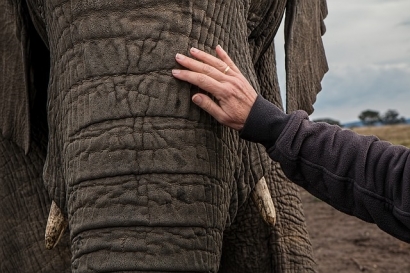
They say that this redefinition is essential if society wants to mitigate climate change and for civilizations to prosper in future.
Writing in a Perspectives article published in One Earth, a new environmental and sustainability journal, the authors describe the development of human civilization and how it has contributed to the “existential crisis” which the world is facing now from climate change.
They argue that all the effort that goes into sustainability is based on a fatal flaw – that humankind has the right to exploit everything on Earth for its benefit and that sustainability will be delivered somehow if nature and the exploitation of resources are controlled better.
Professor Benjamin Horton, Chair of the Asian School of the Environment at NTU Singapore, together with his father, Professor Peter Horton FRS from Sheffield, write that the solution to this flaw begins with recognition that our species is just one of the millions of species that share the planet, and to begin to act according to this principle.
Professor Benjamin Horton said, “In this paper, my father and I illustrate why the world is so gravely unprepared for effects of climate crisis and we have suggested a path forward, where governments, companies and individuals can each make a difference culminating in a collective effort that is sufficient enough to mitigate effects of climate change.
“This shift in values and mindset change will result in a reduction in poverty and water shortages and stop levels of migration from soaring, thus avoiding an irrefutable toll on human life.We suggest that this change entails repositioning the human race within the biosphere as just one of many species that has to humbly live with others in harmony, respecting the land, the oceans and the atmosphere from which everything derives.”
While governments are urged to meet the Paris Agreement emission targets and to do more to combat emissions, scientists at NTU Singapore are embarking on a study to model accurately the sea level rise projections for South East Asia and its potential effects.
Professor Peter Horton, a renowned biologist who is a Fellow of the Royal Society and the research adviser to the Grantham Centre for Sustainable Futures, said that the relentless increase in human population, economic growth and consumption is changing the atmosphere, warming the planet, degrading land and polluting oceans, leading to potentially catastrophic climate change and dramatic declines in biodiversity.
The paper titled “Re-defining sustainability: living in harmony with life on Earth” is now published in One Earth by Cell Press. DOI: 10.1016/j.oneear.2019.08.019

